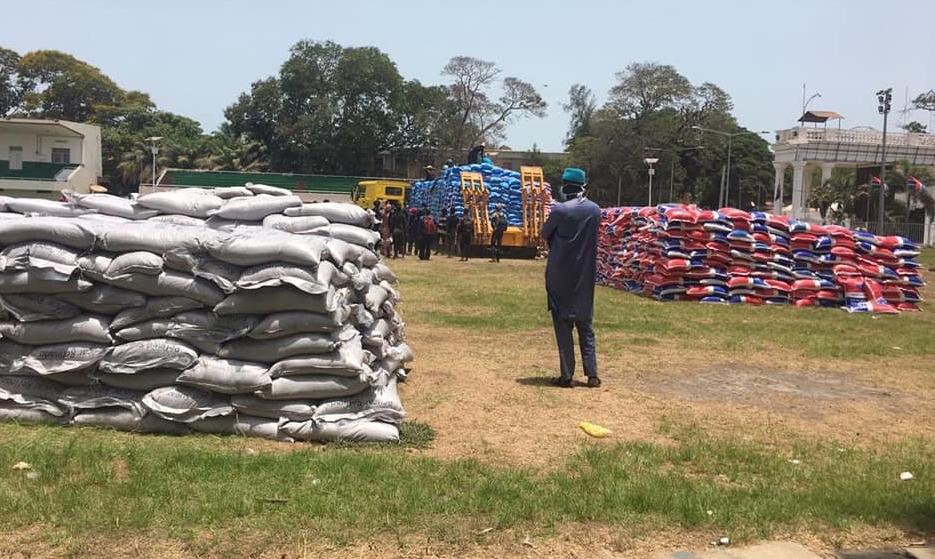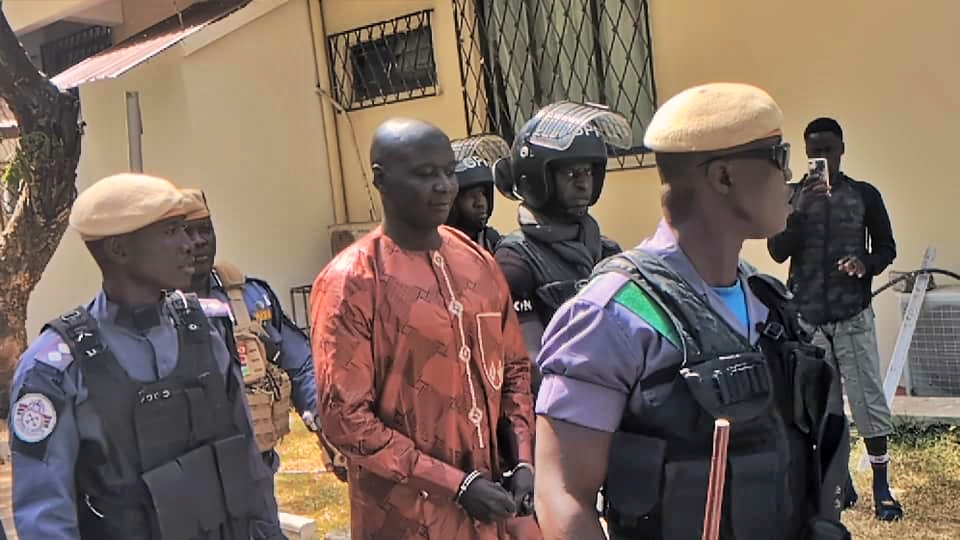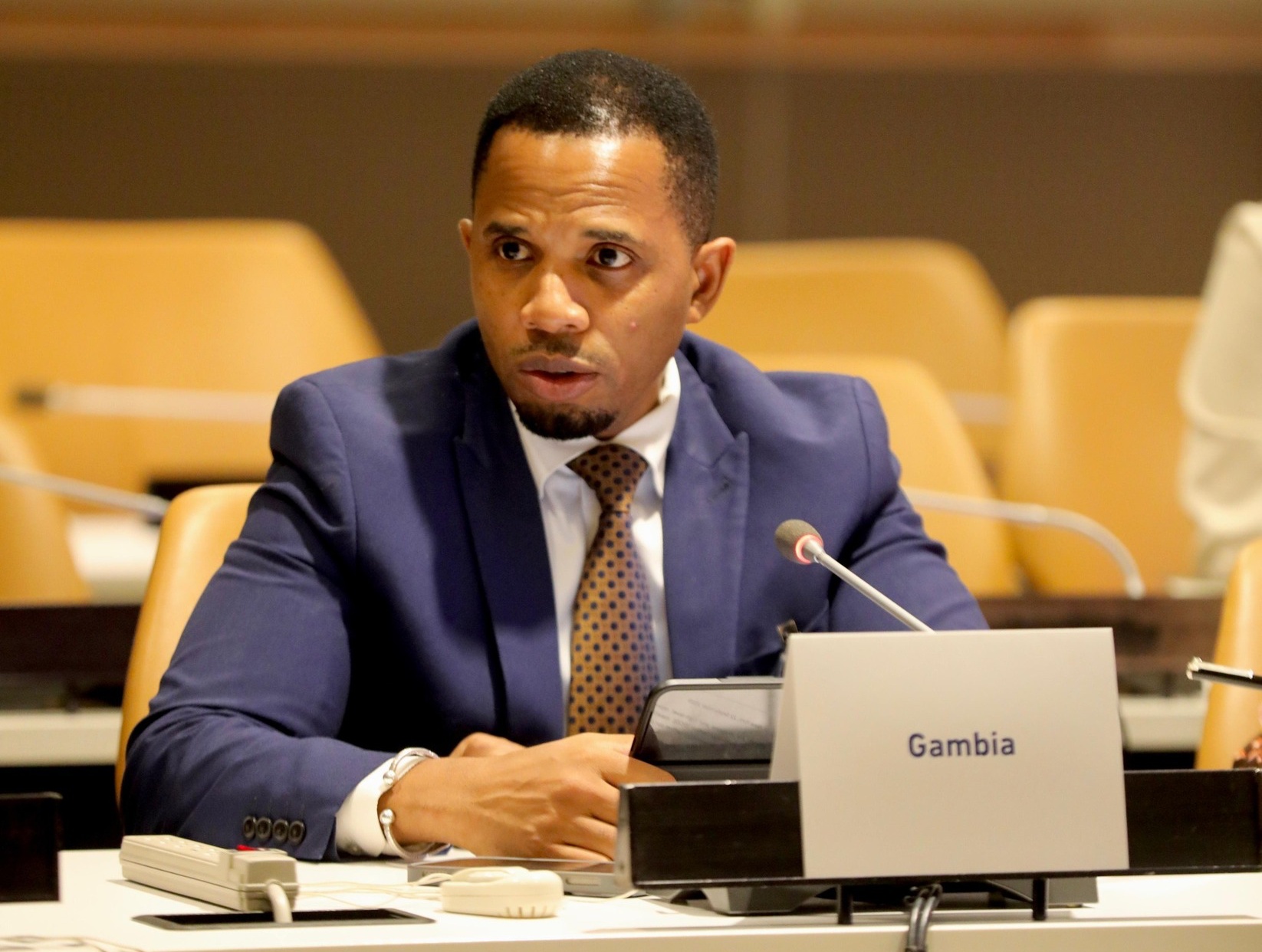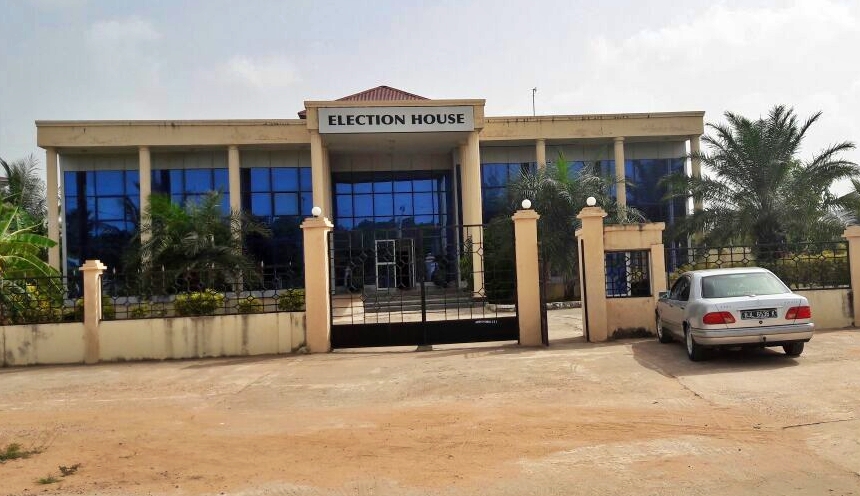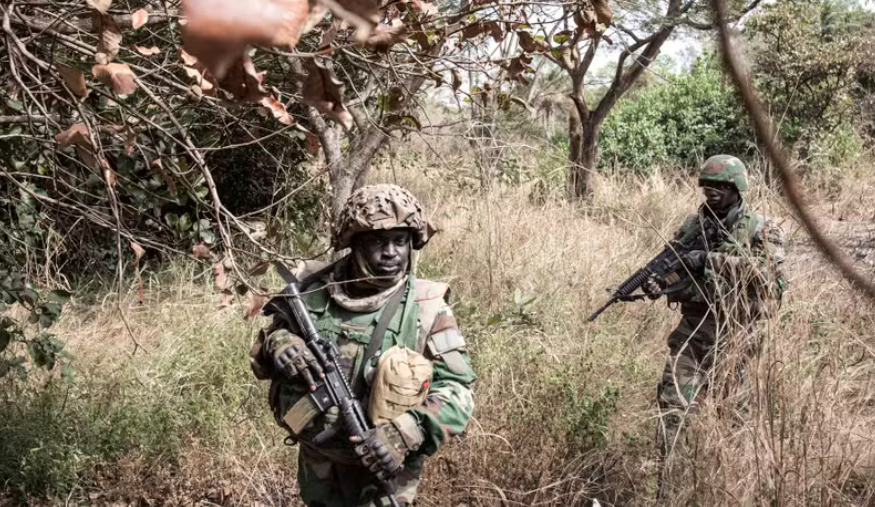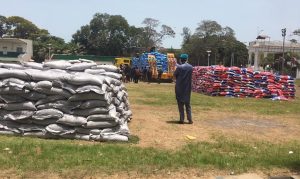Gambiaj.com – (Ziguinchor, Senegal) – A little more than a month has passed since separatists in Casamance captured a Senegalese soldier. Strong behind-the-scenes diplomacy has been initiated to gain his release without endangering the tenuous peace process that is presently taking place in the region, as opposed to initiating extensive military operations.
“Channels of communication have been opened between the Senegalese army and the captors of the missing soldier, who is reportedly in good health and being held in acceptable conditions,” Jeune Afrique reported. Although this information has not been officially confirmed by the military command, it reflects Dakar’s chosen strategy: negotiation over confrontation.
The abduction occurred on April 16. The officer was participating in a security operation in the Palmiers area, in the Bignona department, when his unit was “attacked by an armed group,” according to a statement from the Senegalese army. One soldier was injured, and another was taken hostage during the clash, which followed a robbery in the village of Djinaky.
In response, the army appears to have quickly ruled out the option of a forceful intervention. “Negotiations are ongoing to find him [without any reprisals],” a source told Jeune Afrique, confirming the authorities’ intention to avoid undermining recent progress in the peace process with a hasty military action.
A Discreet but Effective Mobilization
Although the situation is being handled discreetly, efforts have intensified. According to the pan-African magazine, “Some local dignitaries have traveled to neighboring Gambia to help establish contact with the captors, who are believed to be operating in the border area.” These efforts highlight the critical role traditional and cross-border networks play in resolving the crisis.
Henry Ndecky, a seasoned mediator involved for years in negotiations between the state and the Movement of Democratic Forces of Casamance (MFDC), confirmed this mobilization: “We are in contact with everyone who can influence those holding the officer.” This approach had already proven effective in 2022, when seven Senegalese soldiers were released after several weeks in captivity, thanks to the intervention of the Catholic community of Sant’Egidio.
This strategy of negotiation fits within a broader dialogue between the Senegalese government and certain MFDC factions. On February 23, Prime Minister Ousmane Sonko traveled to Bissau to participate in tripartite discussions involving Senegal, Guinea-Bissau, and representatives of the separatist movement. On that occasion, he referred to “a significant agreement that marks a major step toward peace in Casamance.”
The MFDC branches engaged in the talks have distanced themselves from the kidnapping, stating that they had “nothing to do with the incident.” This disavowal suggests ongoing divisions within the rebel movement, with some factions apparently unwilling to lay down arms despite diplomatic progress.
“It strongly resembles an act of sabotage following the Prime Minister’s visit to Bissau,” an expert on the conflict told Jeune Afrique anonymously. This interpretation explains the Senegalese authorities’ cautious approach, aimed at ensuring that this isolated incident does not derail the broader peace process.
A Hopeful Precedent
The recent history of Casamance offers reasons for optimism. On May 13, as Jeune Afrique recalls, one faction of the MFDC marked the second anniversary of its withdrawal from the bush. At that time, 250 fighters laid down their arms in the Bignona department, showing that a transition from conflict to peace is possible.
This experience could serve as a model for resolving the current crisis, especially as the “Diomaye Plan for Casamance,” valued at more than 53 billion CFA francs, provides a framework for the reintegration of former rebels. The ambitious program aims to facilitate “the return of displaced populations, amnesty for former fighters, and their reintegration into society.”
According to Jeune Afrique’s sources, the abduction of the Senegalese officer has not “impacted the ongoing negotiations,” but it does highlight the persistent challenges in resolving the Casamance conflict.
“The Djinaky robbery appeared to be economically motivated,” noted the analyst cited by the magazine, underscoring one of the key obstacles to long-term peace in the region: the economic reintegration of ex-combatants. Those who have returned to civilian life face significant “economic and administrative challenges,” especially those who spent “several decades underground.”
Securing the release of the kidnapped soldier would send a powerful message for the continuation of the peace process. That is why all parties involved in this quiet mediation are working with patience and determination, fully aware that a peaceful resolution to this crisis would reinforce the positive momentum seen in Casamance in recent months.




